The Benefits of Drain Cleaning: Why Is It So Important?
What Is So Important About Drain Cleaning?
Homeowners can often overlook routine drain cleaning. The best-case scenario is one of a slowly-clogging drain that becomes noticeable over time. First, the water drains slowly, and then it stops draining altogether. The worst-case scenario for those drains that don’t get cleaned is one of a quickly-clogging drain. One day water just won’t drain, and it’s time to call a plumber for an effective drain cleaning.
But many homeowners don’t realize that there’s a deeper problem happening when the drains are allowed to remain dirty. They don’t know that it’s not just the drain itself that can clog, but the drain pipe can also develop a tough clog over time. When this happens, it could cost much more to fix than a simple drain cleaning. So read on to find out why drain cleaning is so powerful - and so important.
Fewer Clogs and Faster Drainage
The most obvious benefit of regular drain cleaning is fewer clogs. Whether it’s a kitchen sink, a shower drain, or the drainage pipe for the washing machine, getting them cleaned regularly virtually ensures fewer clogs. There are a lot of things that go down the drains, despite the homeowner’s best efforts. Hair is a major culprit when it comes to bathroom drains. Grease, coffee grounds, and tough vegetable skins are known for causing clogs in kitchen drains. Even the most careful person can’t prevent buildup in the drain.
Faster drainage is also an essential factor. Drains that are kept clean can do what they were designed to do: whisk wastewater away. It’s never good to have standing water around - especially in a sink that’s used regularly.

Reduces Both Foul Odors and the Need for Repairs
Clean drains also reduce the likelihood of expensive repairs. After all, clogged pipes are one of the most common causes of costly home repairs. Keeping the drains clean is like keeping the walking areas clear of a home. When the hallways are piled with toys, books, trash, and other debris, it’s just a matter of time before someone trips and gets hurt. When drains aren’t kept clean, it’s just a matter of time before they get severely clogged and must be cleaned by a professional plumber.
But the benefits don’t end there! Many homeowners have experienced a strange and awful smell coming from their drains, which is a common occurrence with dirty drains. The buildup of gunk and waste eventually starts to break down and emanate a terrible smell. It’s not only something most homeowners want to avoid for their own sake, but it’s also embarrassing to have a stinky drain when guests are at the house!
Why Not Use a Liquid Drain Cleaner?
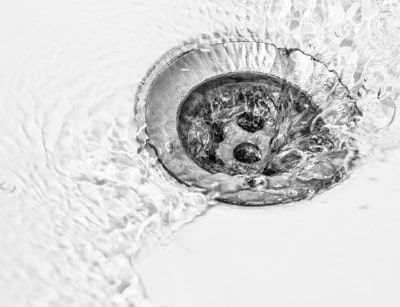
One of the first things many homeowners do when they have a clogged drain is head to the store to buy a liquid drain cleaner. While this certainly is an option, it’s not the greatest one out there. Although these drain cleaners are considered “safe” to use, they are by no means good for the environment. Most of them contain highly corrosive chemicals that end up harming local wildlife and threatening the environment.
Since they are corrosive, they can also cause damage to the plumbing, especially when used regularly. Plus, they don’t actually clean the drain as a plumber does. There’s almost always buildup and residue left over if the chemicals work to break the clog at all. For small clogs, pouring hot water down the drain is a good option. Vinegar and baking soda, along with hot water, can also work well and won’t damage the pipes or the environment.
But none of these options beat a professional plumber when it comes to drain cleaning. So for homeowners dealing with slow drains and constant clogs, contact a local plumbing company for help.
About Ira Hansen and Sons Plumbing
Ira Hansen and Sons Plumbing has been serving Reno, NV, with pride for over 30 years. They offer personalized service, clear communication, and excellent workmanship. They are always honest and up-front in everything they do, so their customers can rest easy. Call them today to get in touch with a reliable drain cleaning service in Reno.



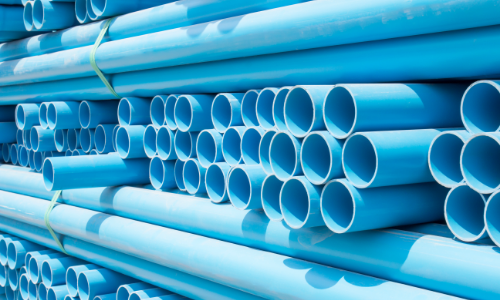
 The problem with pouring cooking grease down a sink is that the grease solidifies once it cools down. Once the grease solidifies in the pipes, it is nearly impossible for water or anything else to get through.
The problem with pouring cooking grease down a sink is that the grease solidifies once it cools down. Once the grease solidifies in the pipes, it is nearly impossible for water or anything else to get through.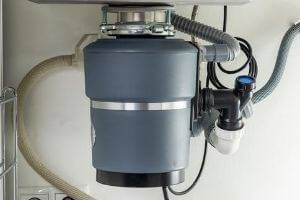
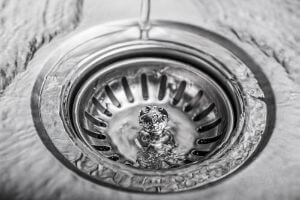 A drain stopper is something placed in the drain to help catch leftover food scraps. They can be made from metal or rubber, and work to keep your plumbing system free from clogging longer.
A drain stopper is something placed in the drain to help catch leftover food scraps. They can be made from metal or rubber, and work to keep your plumbing system free from clogging longer. 1. Replacing water-using appliances, fixtures, and faucets with low-flow and water-efficient ones.
1. Replacing water-using appliances, fixtures, and faucets with low-flow and water-efficient ones. Around the world, there's a shortage of safe drinking water, and billions of people are affected by this water crisis. The availability of clean water in our homes isn't something we should take for granted.
Around the world, there's a shortage of safe drinking water, and billions of people are affected by this water crisis. The availability of clean water in our homes isn't something we should take for granted. There are many things that can contaminate water and make it unfit for drinking, including heavy metals, pesticides, herbicides, bacteria, viruses, nitrates, and more.
There are many things that can contaminate water and make it unfit for drinking, including heavy metals, pesticides, herbicides, bacteria, viruses, nitrates, and more. These days, for homeowners and other residents, water is just about the easiest thing in the world. You turn a tap, and hot or cold running water comes out. It’s even safe to drink or cook with.
These days, for homeowners and other residents, water is just about the easiest thing in the world. You turn a tap, and hot or cold running water comes out. It’s even safe to drink or cook with.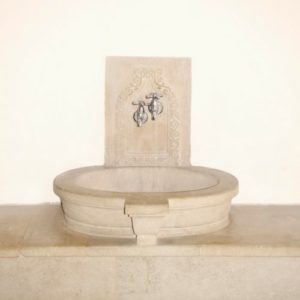 For the ancient Egyptians, access to water wasn’t a matter of convenience; it was critical to survival. The Nile River was the only source of reliable water for this culture, but it was impossible to have homes and farms all hugging the shore of the river.
For the ancient Egyptians, access to water wasn’t a matter of convenience; it was critical to survival. The Nile River was the only source of reliable water for this culture, but it was impossible to have homes and farms all hugging the shore of the river. Most science and engineering techniques improve with time, but there are exceptions. One of the most notable is the step backwards experienced by French royalty like Marie Antoinette in the 18th century.
Most science and engineering techniques improve with time, but there are exceptions. One of the most notable is the step backwards experienced by French royalty like Marie Antoinette in the 18th century. It’s almost shocking to think that the typical 21st century American has a more luxurious life in terms of water access than 18th-century royalty, but it’s true. Modern showers and baths provide both hot and cold running water.
It’s almost shocking to think that the typical 21st century American has a more luxurious life in terms of water access than 18th-century royalty, but it’s true. Modern showers and baths provide both hot and cold running water. Many of us enjoy spending the summer outdoors, but that also means dealing with the heat. As temperatures rise, it's tempting to find salvation by taking a dip in the pool or spraying one's self with a hose.
Many of us enjoy spending the summer outdoors, but that also means dealing with the heat. As temperatures rise, it's tempting to find salvation by taking a dip in the pool or spraying one's self with a hose.

 This is by far the most efficient way to use water during the summer. A lot of the extra water consumed during summer is due to landscaping. We use it to keep our grass green and our garden blooming. But there's a way to tend to our yards while simultaneously keeping cool under the hot sun.
This is by far the most efficient way to use water during the summer. A lot of the extra water consumed during summer is due to landscaping. We use it to keep our grass green and our garden blooming. But there's a way to tend to our yards while simultaneously keeping cool under the hot sun. If you live near a pool , a day splashing around can be fun for the whole family. There's no shortage of games you can play at the pool.
If you live near a pool , a day splashing around can be fun for the whole family. There's no shortage of games you can play at the pool.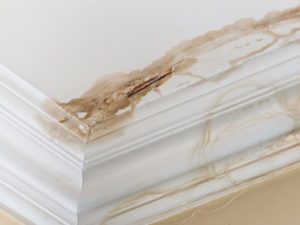
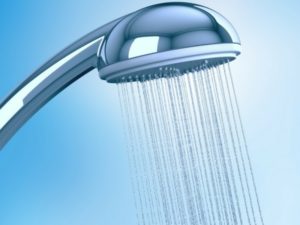 You can also help your pipes out by being kinder to them and lengthening their durability.
You can also help your pipes out by being kinder to them and lengthening their durability.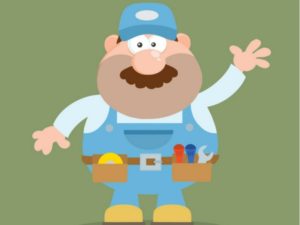
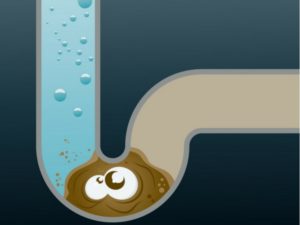 If you’re lucky, it may still be a minor problem in which case you can clean it yourself.
If you’re lucky, it may still be a minor problem in which case you can clean it yourself.
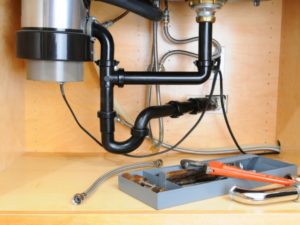
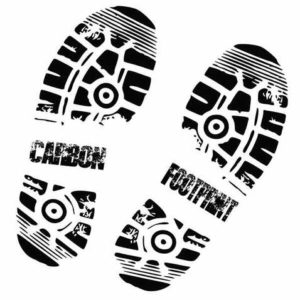 When people talk about going green these days, there's one underlying thread that always links the actions: reducing your carbon footprint.
When people talk about going green these days, there's one underlying thread that always links the actions: reducing your carbon footprint.
 Water heaters typically need to be replaced every 10 years or so, and when yours is up for renewal, there are plenty of reasons why you should upgrade to an energy-efficient tankless version. Let’s compare the two styles:
Water heaters typically need to be replaced every 10 years or so, and when yours is up for renewal, there are plenty of reasons why you should upgrade to an energy-efficient tankless version. Let’s compare the two styles: